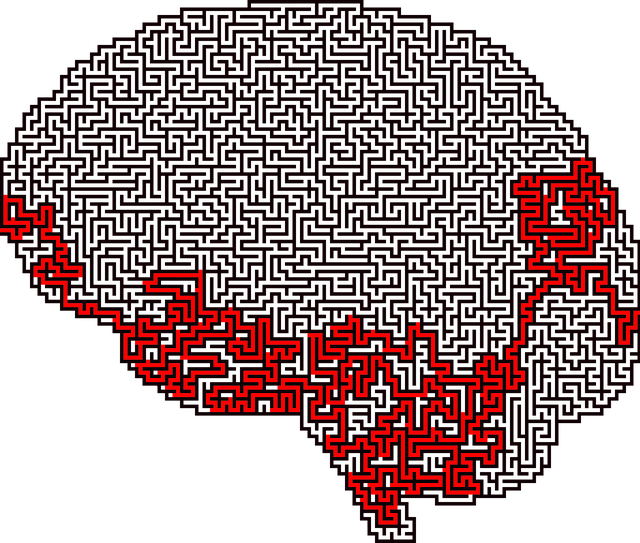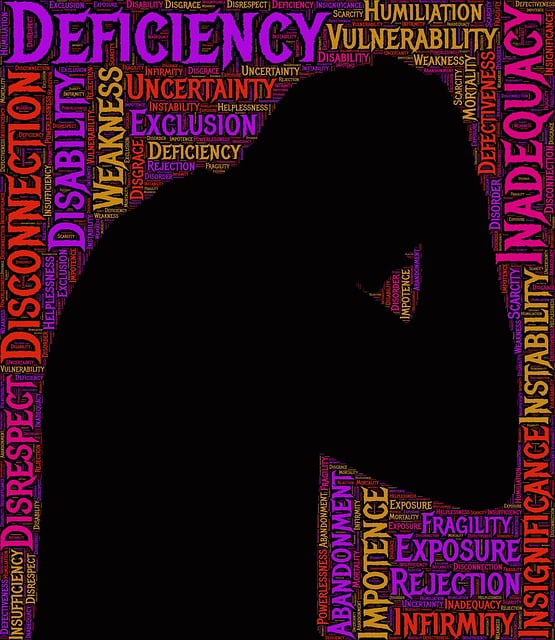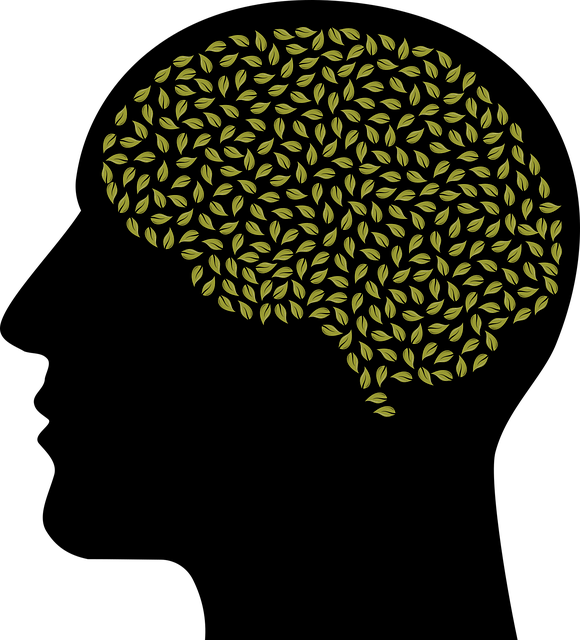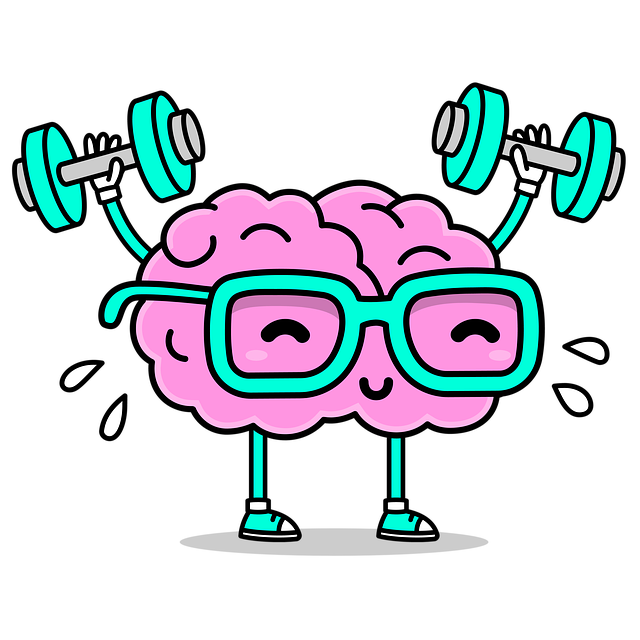Postpartum depression (PPD), a hidden mental health crisis among new mothers, requires urgent attention due to its variability and societal barriers to treatment. Advancements in technology like AI and neuroimaging are enhancing PPD diagnosis. Integrated therapy options, including mindfulness, CBT, and IPT, combined with education and self-care practices, significantly improve outcomes. Mental Health Policy Analysis advocates for increased access to therapy for postpartum depression, raising awareness through media initiatives and trauma support services, ultimately empowering women to overcome this challenging phase.
Mental illness diagnosis, particularly postpartum depression (PPD), requires meticulous efforts to enhance accuracy. This article delves into the intricate process of understanding PPD’s symptoms and the challenges inherent in its diagnosis. We explore advanced tools and techniques aimed at improving evaluation accuracy.
Additionally, we highlight the integration of diverse therapy options, focusing on innovative approaches to optimize treatment outcomes for PPD, offering hope and healing to affected individuals.
Key keywords: Therapy for Postpartum Depression
- Understanding Postpartum Depression: Symptoms and Challenges in Diagnosis
- Enhancing Diagnostic Tools and Techniques for Accurate Evaluation
- Integrating Therapy Options to Improve Treatment Outcomes for Postpartum Depression
Understanding Postpartum Depression: Symptoms and Challenges in Diagnosis

Postpartum depression (PPD) is a common yet often undiagnosed mental health condition that affects new mothers. It’s more than just feeling sad or tired; PPD manifests as a cluster of symptoms that can include intense sadness, anxiety, irritability, difficulty sleeping or sleeping too much, changes in appetite, and feelings of guilt or inadequacy related to motherhood. These symptoms can significantly impair a mother’s ability to care for herself and her baby, making it crucial to recognize the signs early on.
The challenges in diagnosing PPD lie in its variability and potential overlap with other conditions like anxiety disorders or general mood disorders. Many new mothers may also be reluctant to seek help due to societal expectations or stigma surrounding mental health issues. This is where Mental Health Policy Analysis and Advocacy plays a vital role, pushing for increased awareness, better access to therapy for postpartum depression, and the integration of Mind Over Matter Principles into emotional healing processes. Through these efforts, more women can receive the support they need to navigate this challenging period.
Enhancing Diagnostic Tools and Techniques for Accurate Evaluation

Mental illness diagnosis accuracy has been a longstanding challenge in healthcare. Efforts to enhance diagnostic tools and techniques are crucial for ensuring proper care and treatment plans. Innovations in technology, such as advanced neuroimaging techniques, can provide more detailed insights into brain function and structure, helping clinicians make more precise diagnoses. Additionally, the integration of artificial intelligence algorithms can analyze vast amounts of data, including patient histories, symptoms, and genetic information, to predict and identify mental health conditions earlier.
One specific area where these advancements are making a significant impact is in the evaluation and treatment of postpartum depression (PPD). The Mental Wellness Podcast Series Production has played a vital role in raising awareness about PPD and providing support for new mothers. By combining education with accessible media, these podcasts foster open conversations around mental health, encouraging help-seeking behaviors and early intervention. Similarly, Trauma Support Services and Conflict Resolution Techniques have been integrated into diagnostic assessments to better understand and address the underlying causes of mental illness, ensuring more comprehensive and effective treatment plans.
Integrating Therapy Options to Improve Treatment Outcomes for Postpartum Depression

Integrating diverse therapy options can significantly enhance treatment outcomes for postpartum depression. Beyond traditional talk therapy, incorporating evidence-based practices such as mindfulness meditation, cognitive behavioral therapy (CBT), and interpersonal psychotherapy (IPT) offers a comprehensive approach to addressing the complex needs of new mothers. This multi-faceted strategy not only targets depressive symptoms but also promotes self-care practices tailored to individual experiences, fostering resilience and well-being.
Mental health education programs designed with an emphasis on postpartum depression can empower women with the knowledge and skills needed to recognize warning signs early and seek timely intervention. Additionally, encouraging the development of a consistent self-care routine, incorporating activities that support physical and emotional restoration, can be transformative. By combining therapy for postpartum depression with robust self-care practices, women can navigate this challenging period with greater ease and improved mental health outcomes.
Mental illness diagnosis, particularly for postpartum depression (PPD), has seen significant advancements through enhanced evaluation techniques and integrated therapy options. By understanding the symptoms and challenges associated with PPD, healthcare professionals can employ more accurate diagnostic tools to improve treatment outcomes. Integrating diverse therapy approaches, such as cognitive behavioral therapy for postpartum depression, offers a comprehensive solution, ensuring better management and recovery rates for affected individuals. These efforts collectively contribute to a more supportive and effective approach in addressing PPD, ultimately enhancing the well-being of new mothers.









